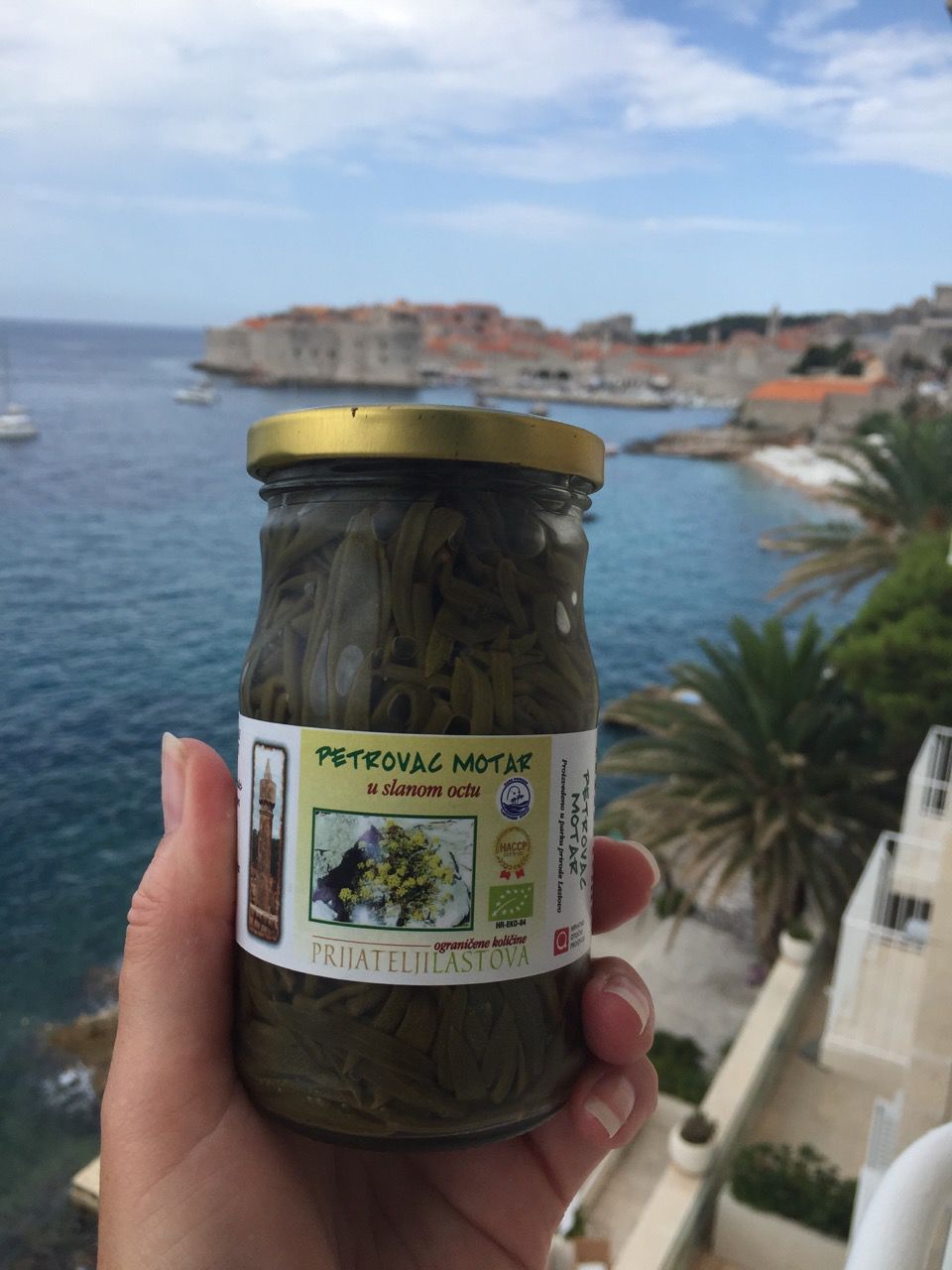Can you whistle a phrase?
A few days ago, Gloria stopped by my desk with a burning question: had I ever heard of the whistling languages?
Proudly, I was able to answer that I had, but quickly became deflated when we realised that neither of us had the slightest idea of how they work. Was there a whistling alphabet with different tones for vowels and consonants? Do you just learn whole phrases by heart for limited daily use? Clearly there was a very large hole in our knowledge, and we immediately set about trying to fill it in.
For those of you who don’t know what we’re talking about, whistling languages are those which have developed (mostly) in areas of extreme terrain, where communication by speech would be impossible but where whistles can carry over large distances (up to a couple of miles). Perhaps most well known is the whistling language Silbo Gomero (of La Gomera) which, once endangered, is now being successfully preserved through mandatory classes at school. The way the language actually works is that the whistled phrase resembles, in intonation and pitch, the phrase in the original language – Spanish, in this case. This means that users can improvise conversations in the same way as with a spoken language, even using modern vocabulary which may not previously have existed.
Gloria has actually been to La Gomera and seen first-hand how they achieve the incredible variations in the whistling language: not just with pursed lips, but with fingers to amplify the sound and change the tone. This is all very impressive to me, but it turns out that Gloria is a bit of an expert at whistling, and graciously offered to demonstrate a few simple techniques. Although it’s not the same as having a whole, developed whistling language at your disposal, she does have a few ‘set phrases’ which she not only uses in specific situations but which are understood by people and – in one case – birds too! Watch to the end to hear her top tip on how to make your whistles extra loud…
If you think you can rival Gloria for expertise in whistling, or have a different whistle you actually use in everyday life, we’d love to hear about it!
Nat
10 Years with the JLC – a Teacher’s story!
Here at EuroTalk we love hearing feedback from participants of the Junior Language Challenge! So when runner-up Aalaya Sanjeeva’s teacher Jackie Gliniecka from The Hawthorns School sent us this wonderful message about how she’s found being involved in the competition over the years, we had to share it with you 🙂
10 years ago, in 2005, we received a flyer from EuroTalk telling us about this competition, and we encouraged the children to enter it. It was an exciting adventure and we have repeated the experience every year since.
I remember so clearly, when we reached the semi-finals and I met Dick Howeson for the first time. His passion for languages and education, together with his compassion and drive to change the world, completely bowled me over; when talking about the competition to anyone and everyone who stands still for long enough to listen, I feel compelled to try and include a description of Dick. The best I can manage, to convey his wonderful energy, enthusiasm and gentle treatment of these young children combined with the fantastic difference that he encourages them all to make in the world, is a sort of cross between a kindly mad professor and a true saint! And what a fantastic team he has built up around him, too; Liz, who is always there to answer all queries in an incredibly efficient and kindly way so as to not scare the teachers and parents; Franco, who has the unenviable task of running the semi-finals and the finals with a rod of iron, yet maintaining a kindly, gentle, friendly demeanour so as not to scare the children; and countless others who make taking part in this competition a real joy.
Over the years, so many of my pupils have benefitted in so many ways from this wonderful competition; not only do they get the chance to try lots of different languages, thereby deepening their general knowledge of language and developing language learning strategies, but also it opens windows onto the world, helping to turn them into good global citizens, sowing the seeds that will encourage them, like Dick, to make a difference in the world. It is all done in such a gentle, fun way, encouraging independent learning, allowing the children to push themselves as far as they want to and at the same time helping the amazing work of the charities that the JLC support.
Aalaya has entered this competition 3 years in a row and has made the final each time. She was ecstatically happy to have come second this year and the whole school is so proud of her. This competition requires so much more than just the ability to acquire huge amounts of language in a very short space of time; you need a brilliant memory, a very cool head, nerves of steel, the ability to stay calm and focused and the faith to persevere under extreme pressure. What a brilliant set of skills to develop, and, although Aalaya has all these skills in bucketfuls, it has been so rewarding for me to see her develop and hone them enable her to achieve such a high standard in your competition.
The great thing is, though, as Dick always tells them, just to have entered makes them winners because of the good they are doing for others and the fun they have along the way!

Jackie (left) with Aalaya and her parents, alongside JLC champion Tudor Mendel-Idowu and fellow runners-up Cassandra Emmanuel and Isobel Eason
Look out for next week’s blog post to find out what second place finalist Aalaya and her mum Priya think about the Junior Language Challenge!
If you were part of the Junior Language Challenge in 2015 – or any previous year – and you’d like to share your story, please email us at jlc@eurotalk.com; we love hearing from our JLCers 🙂
How idioms help you make a language your own
When learning a new language we are happy to pass every little milestone: the first time you address a native speaker, the first conversation… All these achievements mean the world to us, they are the reward of our continuous learning. When becoming fluent in a language you can express almost everything you want to say, but there is still that one little step further, that gives your words something that make them yours. Something that gives them personality – and this can be achieved through the use of expressions and idioms.
Many idioms make no sense even if we know the meaning of each individual word! But some of them are easy to figure out, like for example ‘it takes two to tango’, meaning an action or activity that involves participation from more than one person.
To me they are very interesting and it gives me insight into the British culture. Not to mention the fun of using them in a conversation, possibly wrong sometimes but nevertheless entertaining! That is how I learned that when you’re ill you can be ‘a bit under the weather’ or to not take someone seriously is ‘taking it with a grain of salt’.
Sometimes expressions are international and can be directly translated through more languages without losing their meaning, like ‘a picture paints a thousand words’.
Learning the academic language is certainly the most important aspect when embarking on such a challenging journey. However, informal words, idioms, expressions and slang will bring you closer to the people you share the language with. It will make any conversation more pleasant and will allow you to put your own stamp on the vocabulary you are using.
How do I learn idioms?
The best way to find out which are the most used expressions, or the most popular ones, is to ask a native speaker, read local magazines and newspapers or watch local TV shows. My personal preference is to spot them in conversations and ask people what they mean.
For example, last week I learnt the expression ‘get the bit between the teeth’ from my boss. Which he also kindly explained (possibly because my face indicated that I had no clue what he was on about). The bit is a piece that goes inside a horse’s mouth and pushes against its soft parts, which causes it to turn. When the horse gets it between the teeth he takes control over from the rider and can’t be stopped. Pretty interesting, huh?
What are some funny or unusual idioms in your language?
Ioana





